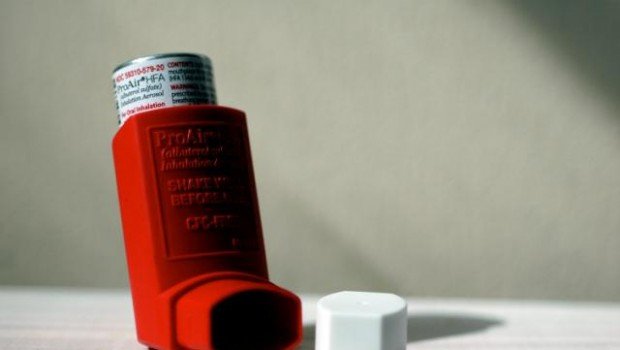Many groups want hospitals to ban scented products, such as perfumes and colognes, because they might bring unintended harm to individuals with asthma or sensitive skin. Some hospitals have already taken action, but these policies are not yet universal.
An increasing number of workplaces are taking action to discourage people from using scented products. While some people say that adopting a unique scent makes them feel more attractive, other people are citing health issues that are becoming more severe because of the use of these products by others.
Scented products often function much like secondhand cigarette smoke. Strong odors can irritate the upper respiratory systems of others which can trigger inflammation. The problem is particularly bad for people with diseases such as asthma. More than one-third of asthma sufferers say that their condition is intensified by exposure to scented products.
Meanwhile, millions of people have been diagnosed as having “multiple chemical sensitivities” by a medical professional. People with sensitive skin can experience irritation or rashes from being exposed to airborne chemicals that are present in perfumes.
Other individuals claim that being exposed to perfume can lead to headaches, dizziness, wheezing, nausea, fatigue, confusion and anxiety. People with cancer undergoing chemotherapy treatment are known for being particularly sensitive to these products.
Some evidence shows that as many as half of all asthma cases are worsened by artificial fragrances rather than traditional allergens such as dust mites, pollens and pet dander. Doctors are referring to this phenomenon as irritant asthma or toxic asthma.
Many hospitals have established scent-free or scent reduction policies, but not every hospital has gotten onboard. Some doctors even use scented products themselves. This can be extremely troubling when they have to directly interact with a sensitive patient. Making the problem worse is that some doctors reject the notion of “multiple chemical sensitivities” as being a legitimate medical disorder.
However, hospitals and doctors should be the first ones to set an example for others. The concern is real, and hospitals should ban scented products from their establishments. Doing so will create a healthier environment for everyone.
Stay Connected